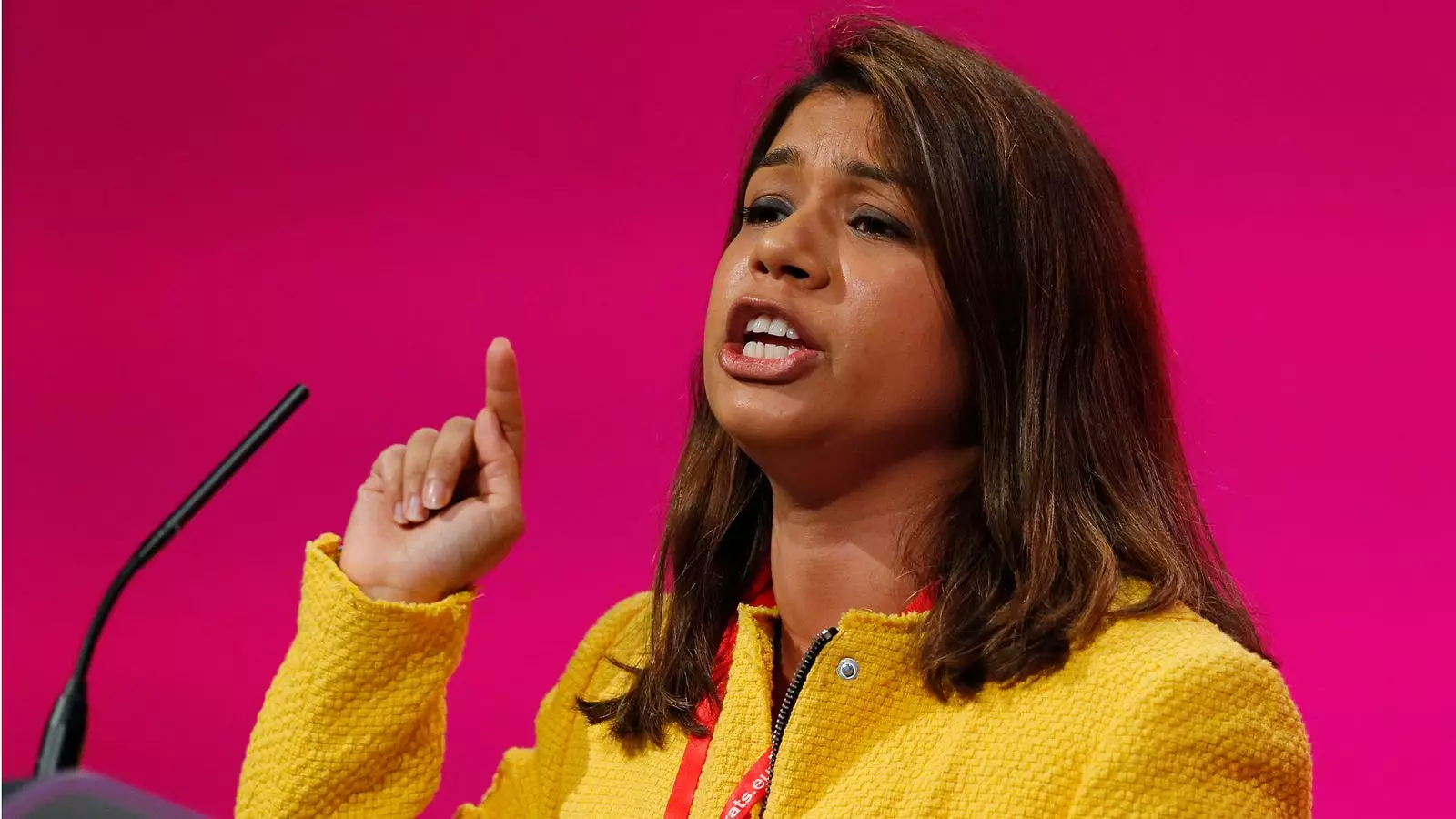The realm of politics often intertwines with allegations of corruption and malfeasance, and the case of Tulip Siddiq, the Anti-Corruption Minister of Bangladesh, is no exception. Recently, investigations have focused on her alleged involvement in the illicit allocation of government land to family members, a claim that has raised eyebrows not only in Bangladesh but also among political observers in the UK, where Siddiq serves as a Member of Parliament. These allegations, documented in an affidavit by the Bangladesh Anti-Corruption Commission (ACC), shine a spotlight on the delicate intersection of familial ties, political power, and ethical governance.
According to the affidavit obtained by Sky News, Siddiq is accused of exerting political pressure to facilitate the allocation of land in the Purbachal New Town Project, a development initiative near Dhaka’s diplomatic zone. Investigators allege that Siddiq influenced her aunt, the former Prime Minister Sheikh Hasina, prompting the issuance of plots in the names of family members, including her mother, sister, and brother. The original claims suggest that these actions could represent a significant breach of trust, undermining the very principles that Siddiq is sworn to uphold as the nation’s minister overseeing anti-corruption efforts.
The incriminating statements from Akhtar Hossain, the director general of the ACC, further exacerbate the situation. His assertion that both Siddiq and Hasina misused their powers to illegally obtain land plots indicates a pattern of exploitation within the ranks of political leadership in Bangladesh. The calls for transparency echo throughout the political landscape, challenging the integrity of public officials in a nation grappling with widespread allegations of corruption.
Despite the gravity of the allegations, it’s essential to recognize the responses from Siddiq and her political allies. Labour sources have categorically denied the accusations, with assurances that Siddiq has not been formally approached regarding these claims and that no concrete evidence has surfaced to substantiate them. Proponents of Siddiq argue that the ongoing allegations are politically motivated, perhaps a strategic maneuver by her opponents, particularly Bobby Hajjaj, who has previously been vocal about alleged corruption in the Hasina administration.
The political atmosphere has only intensified after recent protests in Bangladesh, which resulted in Hasina’s resignation and subsequent flight from the country. With a new government eager to distance itself from the previous administration, accusations of past corruption could be leveraged as a tool to consolidate political power and rally public support against the Awami League.
The ramifications of this situation extend beyond the borders of Bangladesh. In the United Kingdom, Siddiq’s role as an elected MP and the ministerial responsibilities she holds in anti-corruption and economic crime have ignited conversations about governance and ethical conduct. The UK Anti-Corruption Coalition’s call for her resignation from these sensitive portfolios underscores the perceived conflicts of interest that complicate her position. Critics argue that the allegations, regardless of their validity, pose a significant threat to Siddiq’s credibility and raise larger questions about accountability in political systems on both sides of the globe.
As political figures grapple with the intricacies of international politics, the integrity of governance is tested. The situation surrounding Tulip Siddiq serves as a prompt for further reflection on the responsibilities that come with political influence and the potential consequences of neglecting ethical boundaries.
The accusations leveled against Tulip Siddiq paint a troubling picture of the ethical challenges faced by public officials in both Bangladesh and the UK. As investigations continue to unfold, the ultimate question remains: how will political leaders navigate the charged waters of allegations while maintaining the integrity of their roles? The outcome will not only affect Siddiq personally but may also set an important precedent for governance in the region. Ultimately, this ongoing saga underscores the critical need for transparency, accountability, and ethical conduct in political institutions worldwide.

